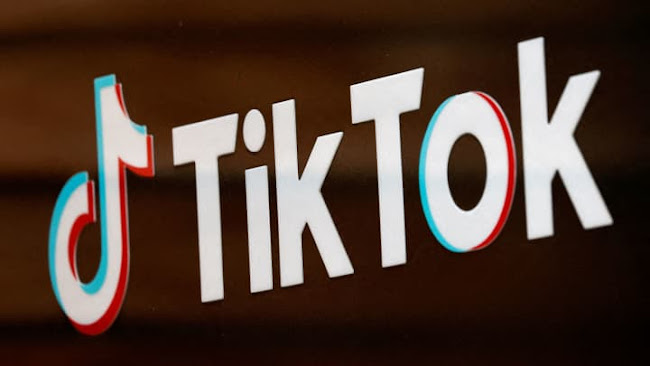Revolutionizing AI: Microsoft Unveils Phi-3, Marking the Inception of Compact and Powerful AI Models for a New Era
Microsoft launches Phi-3, its smallest AI model yet / Phi-3 learned from ‘bedtime stories’ created by other LLMs.
Illustration: The Verge
Introduction:
Microsoft has made waves in the tech world with the unveiling of Phi 3, its latest AI language model. This breakthrough development promises to revolutionize the landscape of artificial intelligence by introducing a compact yet powerful model that has been trained on a unique dataset of 'bedtime stories' crafted by other large language models (LLMs).
Unveiling Phi-3:
Microsoft's Phi-3 marks a significant milestone in AI innovation. This new AI language model is distinguished by its compact size, offering the potential for enhanced efficiency and accessibility compared to its predecessors. Despite its smaller scale, Phi 3 boasts impressive capabilities, demonstrating Microsoft's commitment to advancing the field of artificial intelligence.
Learning from Bedtime Stories:
One of the most intriguing aspects of Phi 3 is its unconventional training dataset. Unlike previous AI models that relied on vast amounts of text from diverse sources, Phi 3 learned from a curated collection of 'bedtime stories' generated by other large language models. This approach not only showcases the adaptability of AI but also raises questions about the impact of selective training data on the model's behavior and performance.
Implications for AI Development:
The launch of Phi 3 opens up a realm of possibilities for AI development. By harnessing the power of compact models trained on specialized datasets, researchers and developers can explore new avenues for creating AI systems tailored to specific tasks and applications. This shift towards targeted training data could lead to more efficient and specialized AI solutions, catering to diverse needs across industries.
Enhanced Efficiency and Accessibility:
One of the key advantages of Phi-3 lies in its compact size, which enables more efficient deployment and operation compared to larger AI models. This increased efficiency could pave the way for widespread adoption of AI technologies across various sectors, including healthcare, finance, and education. Additionally, the accessibility of Phi 3 could empower smaller organizations and researchers with limited resources to leverage advanced AI capabilities.
Challenges and Considerations:
While the launch of Phi 3 brings exciting opportunities, it also raises important considerations regarding ethics, bias, and accountability in AI development. The use of curated training datasets, such as bedtime stories, prompts discussions about the potential influence of human biases and narratives on AI behavior. Additionally, the implications of deploying compact AI models in real-world scenarios warrant careful examination to ensure fairness, transparency, and responsible use of AI technologies.
Future Developments:
Looking ahead, the unveiling of Phi 3 sets the stage for further advancements in AI research and development. As the field continues to evolve, we can anticipate the emergence of even more compact and specialized AI models tailored to specific tasks and domains. Moreover, ongoing efforts to address ethical and societal implications will shape the future direction of AI innovation, guiding the responsible deployment and utilization of these transformative technologies.
Conclusion:
Microsoft's launch of Phi 3 represents a significant milestone in the evolution of AI, showcasing the potential of compact models trained on specialized datasets. With its unique approach to learning from bedtime stories, Phi 3 opens doors to enhanced efficiency, accessibility, and customization in AI development. As the field continues to progress, it is essential to navigate the opportunities and challenges of AI innovation with careful consideration for ethical, societal, and technical implications.
Disclaimer:
The summary provided is based on the news article titled "Microsoft launches Phi 3, its smallest AI model yet / Phi 3 learned from ‘bedtime stories’ created by other LLMs" published on The Verge. While efforts have been made to accurately represent the main points and key details of the article, readers are encouraged to refer to the original source for the full context and additional information. The original news article can be accessed via the following link: Microsoft launches Phi 3, its smallest AI model yet / Phi 3 learned from ‘bedtime stories’ created by other LLMs.




Comments
Post a Comment